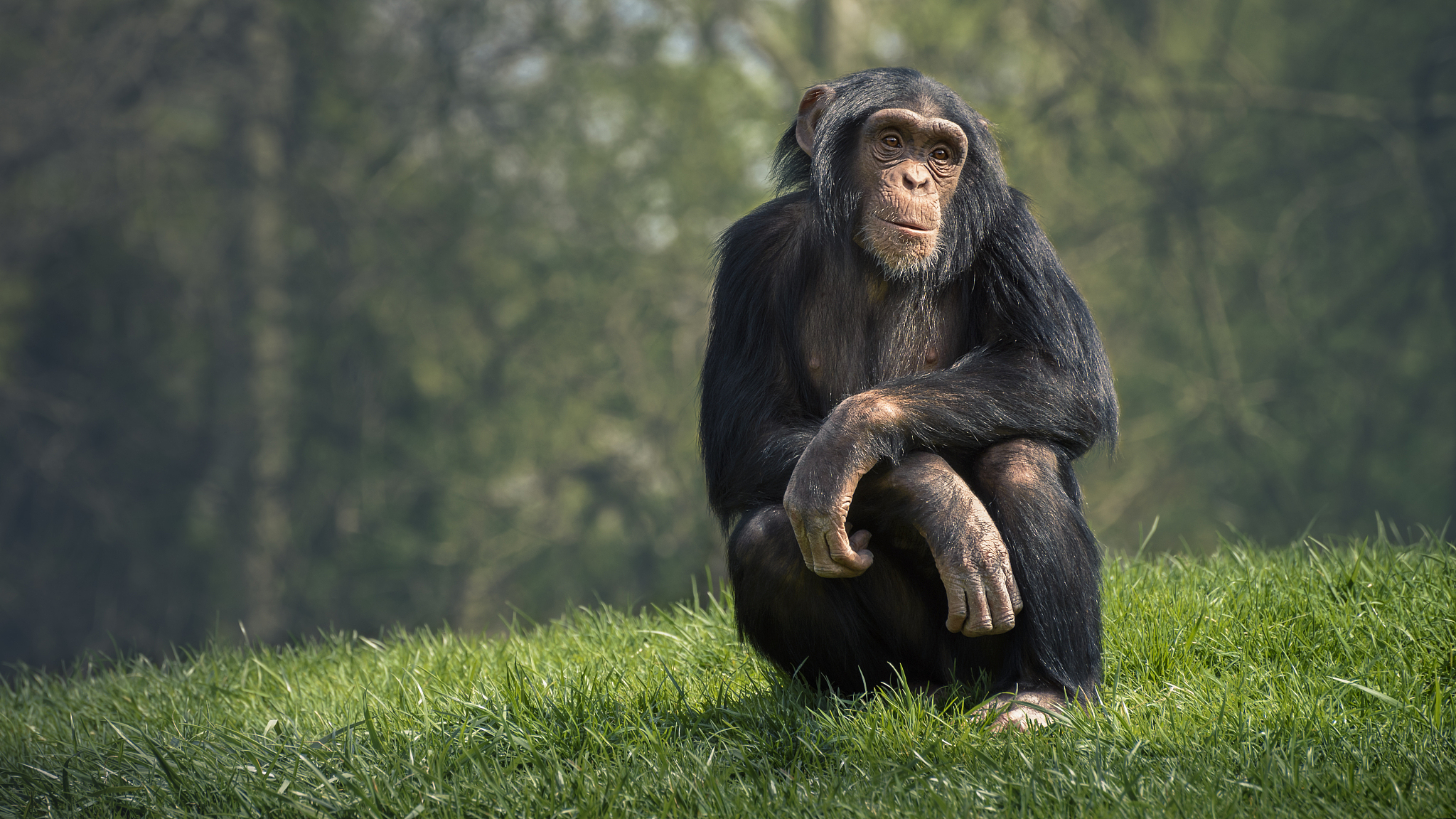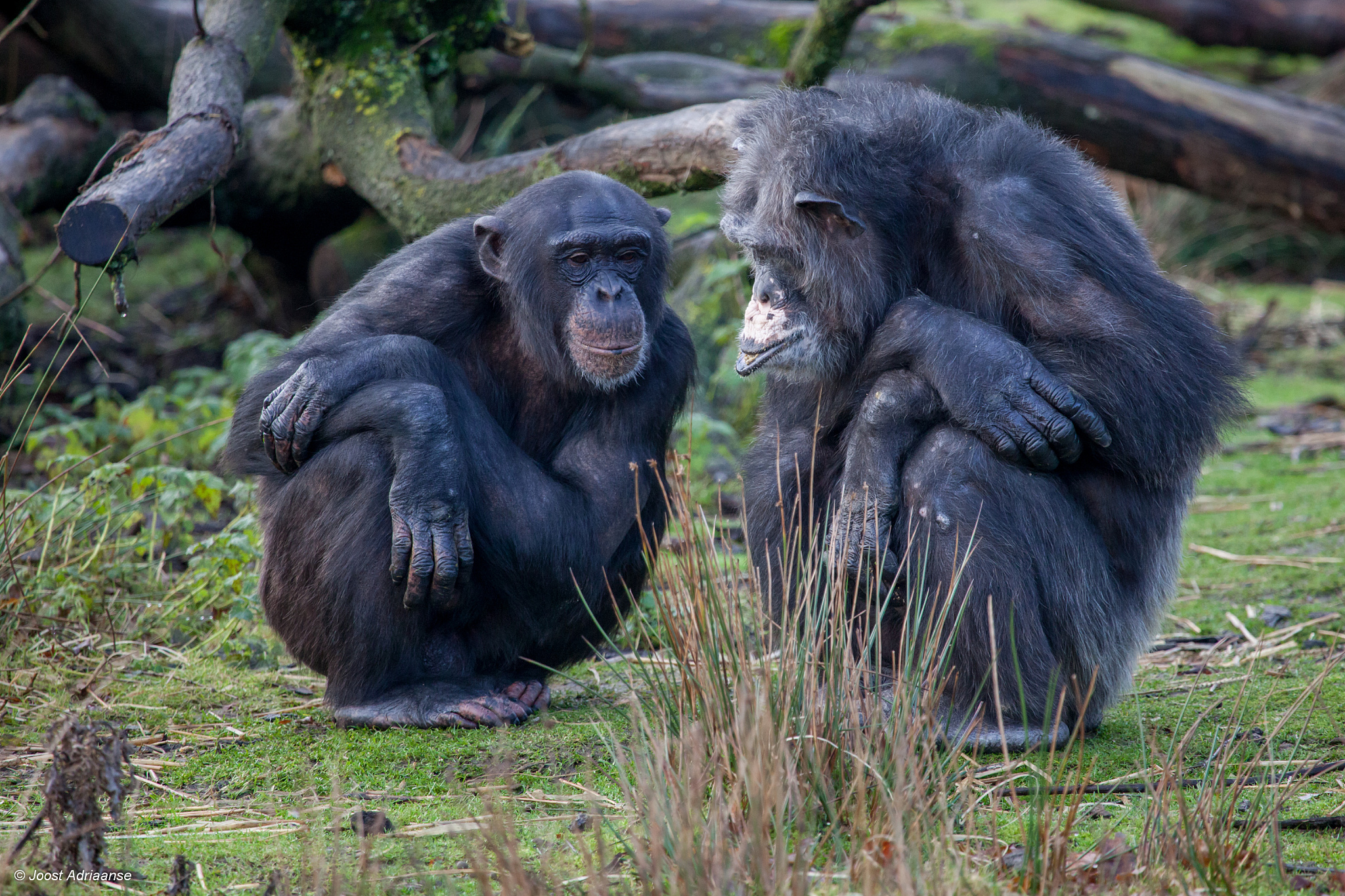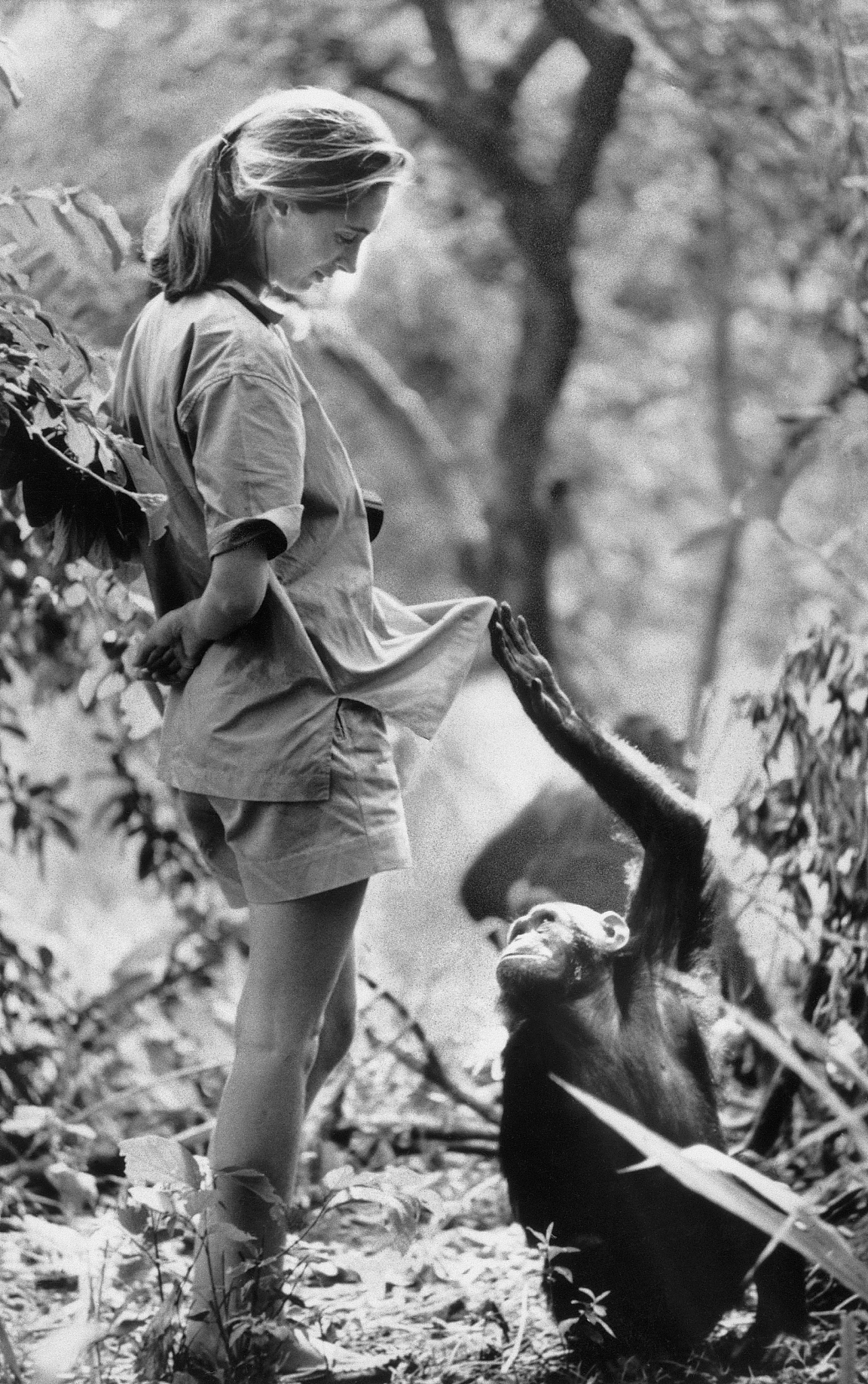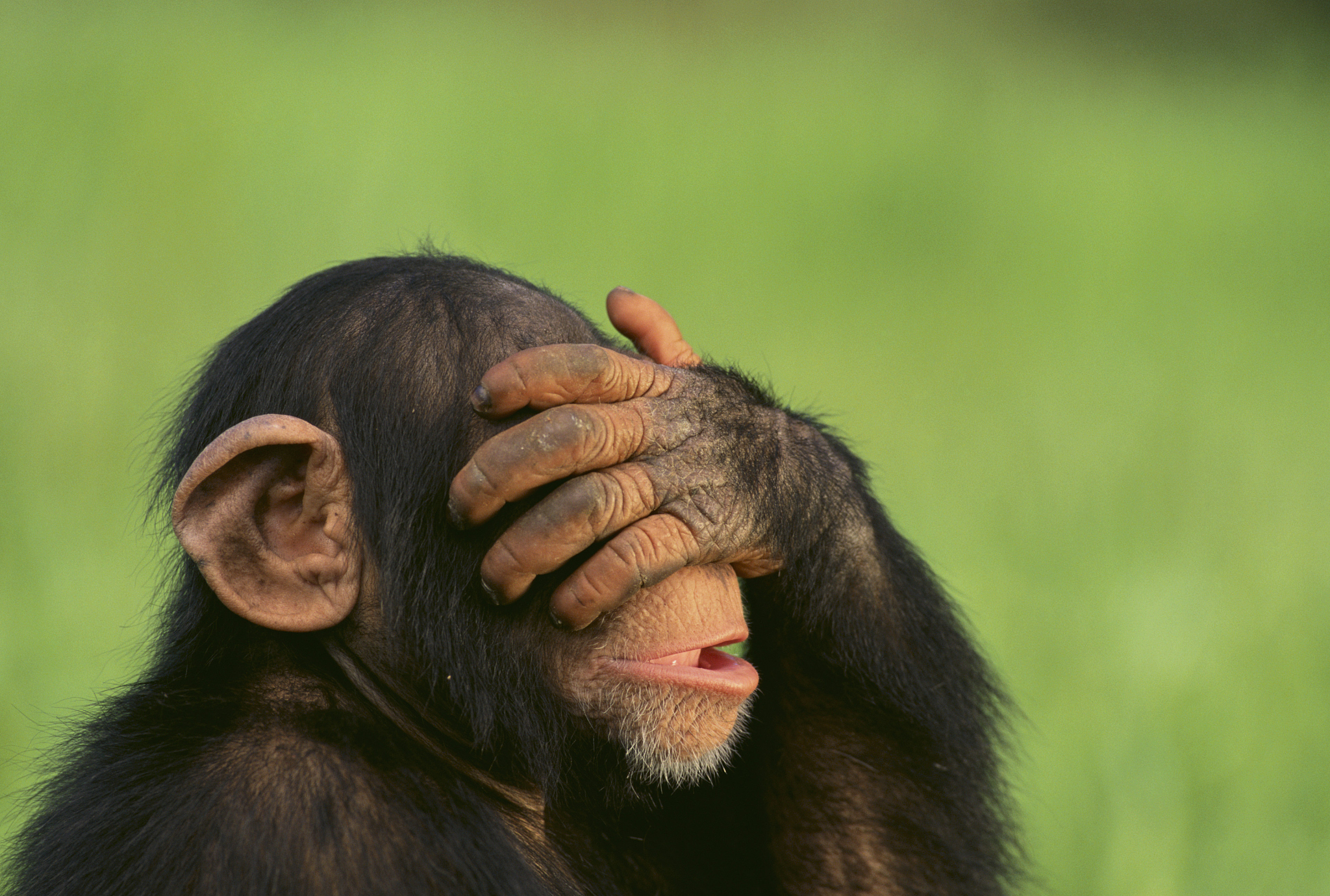
Chimpanzees are human's closest relatives and share more than 98 percent of DNA. /VCG
Chimpanzees are human's closest relatives and share more than 98 percent of DNA. /VCG
On July 14, 1960, Dr. Jane Goodall first set foot in what is now the Gombe Stream National Park in Tanzania to study wild chimpanzees. Nearly six decades later, the very first World Chimpanzee Day was established on July 14, 2018, to improve understanding, inspire compassion and raise awareness for human's closest relatives in the animal kingdom.

Chimpanzees have strong family bonds. /VCG
Chimpanzees have strong family bonds. /VCG
Goodall's studies at the Gombe and other subsequent studies in other parts of Africa revealed to us that chimpanzees, native to the savannah of tropical Africa, are the closest to humans biologically. Humans and chimpanzees share more than 98 percent of DNA. Chimpanzees not only have vivid personalities like humans, but also have strong social structures and bonds similar to humans.

Jane Goodall with one of her research subjects in the Gombe National Park in northern Tanzania, January 23, 1972. /VCG
Jane Goodall with one of her research subjects in the Gombe National Park in northern Tanzania, January 23, 1972. /VCG
Chimpanzees have also been observed using and making tools, once thought to be unique to humans. They show emotions when they are sad, happy, angry or scared. They communicate not only with sounds but also with gestures like shaking fists, kissing, hugging or patting one another's head and back; They have strong family ties and they would mourn a member's death.
The studies of the animal have helped us learn about ourselves and our place in nature.

Chimpanzees can make and use tools. /VCG
Chimpanzees can make and use tools. /VCG
However, human's closest relative is experiencing a decrease in numbers across Africa. It is listed as endangered on the IUCN's Red List Of Threatened Species, as only 350,000 exist in the wild on the continent. Just about a century ago, there were an estimated 1-2 million.
Habitat destruction, poaching, and disease are the main threats to chimpanzees. They are susceptible to all known human contagious diseases. The growing population of humans moving deeper and deeper into the forests also poses a threat.

Chimpanzees' hands have long fingers with short thumbs and flat fingernails like those of humans. /VCG
Chimpanzees' hands have long fingers with short thumbs and flat fingernails like those of humans. /VCG
Conservation groups have been working to help preserve chimpanzees across Africa. They are helping to improve the lives of people living close to the habitat of chimpanzees and educate the residents on seeing chimpanzees as companions, not competitors.
Read more about chimpanzees: Primates in jeopardy: Our closest relative in nature
(All photos via VCG. )
(If you want to contribute and have specific expertise, please contact us at nature@cgtn.com)

